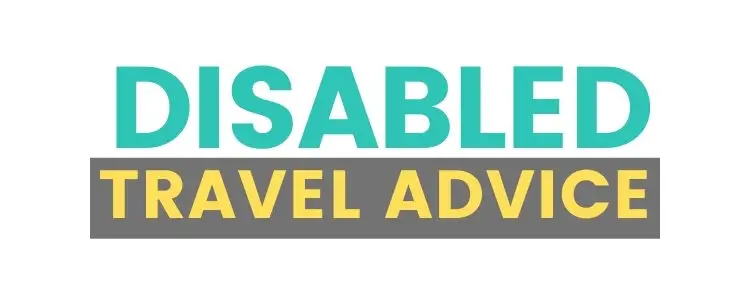It’s increasingly easy to find advice about getting around major cities as a disabled person, and most big cities are working hard to make public spaces more accessible to disabled people, but what if you don’t want to go to a city – what if you’re looking forward to getting away from it all in a small town or village? How can you find the information you need, and what should you look into before you plan your trip?
Accommodation
Unless you’re staying with friends or relatives, looking around for suitable accommodation should be your first priority when planning your trip. Unfortunately you can’t just assume that smaller places will have any wheelchair-accessible accommodation. That said, small hotels and guest houses where there are only a few steps to the entrance may be willing to invest in a ramp without any fuss if they realise it will win them your custom.
As long as you book in advance, it is usually easy to find ground floor accommodation in small towns and villages. Bear in mind that many small hotels are converted from old buildings so may have narrow corridors and low ceilings that make getting around awkward – ask for measurements if you think this might be a problem. If you have a visual impairment, make sure you discuss any obstacles that might cause you difficulty, bearing in mind that staff might not be aware of them.
Even if your room is accessible, shared dining facilities may not be. If this is a problem, make sure staff are ready to bring you meals in another location.
Getting Around
Some small towns and villages are actually easier to get around in than cities, especially if they’re at the seaside, as a lot of older people retire there so they’re more familiar with disability issues. It’s always wise to ask before you travel, however, to make sure you don’t end up spending more time in your hotel than you planned to.
A lot of small towns do not have wheelchair-accessible public transport. Many have cobbled streets, so be careful if you’re using a stick and make sure you have good suspension if you’re using a wheelchair. Many also have steeply sloping streets and areas where paths turn into steps – make sure you ask for advice about this sort of thing when planning your routes.
Small towns and villages often lack designated places for crossing the street. This means that you may need more assistance than usual. Unfortunately, speeding is often a problem in rural areas and narrow, winding streets may mean you don’t have much warning about oncoming traffic.
Public Buildings
in small towns and villages where there are not many disabled people living locally, you may encounter problems when accessing public buildings. If a building is council-owned – such as most museums – you can ask ahead of time to see if council staff can arrange special provision to make access easier for you.
If you have difficulty accessing places like restaurants, the staff are now obliged by law to do what they can to provide reasonable assistance, but you should bear in mind that there may be some places where they simply cannot help you. Rather than risking being stuck with nowhere to eat, call local restaurants before you travel and ask how accessible they are. If there is nowhere suitable locally, check out your options in other nearby places.
Where to Ask
Every small town or village in the UK falls under the jurisdiction of a city, town or parish council. You can search for this on the internet or ask at your local library for advice. Contact the local council to ask what they can tell you about disability access in the place you want to go. They will usually be keen to encourage your visit and will get back to you quickly.
When asking for disability access information, you should be aware that many smaller councils are inexperienced at dealing with disability issues and may not know what’s likely to be a problem for you. Try to work through possible issues with them point by point. The staff at your hotel may also be able to provide advice.
Visiting small towns and villages can potentially be a lot more complicated than visiting cities, but that doesn’t mean you can’t do it. With good planning you should be able to enjoy a problem-free break.

